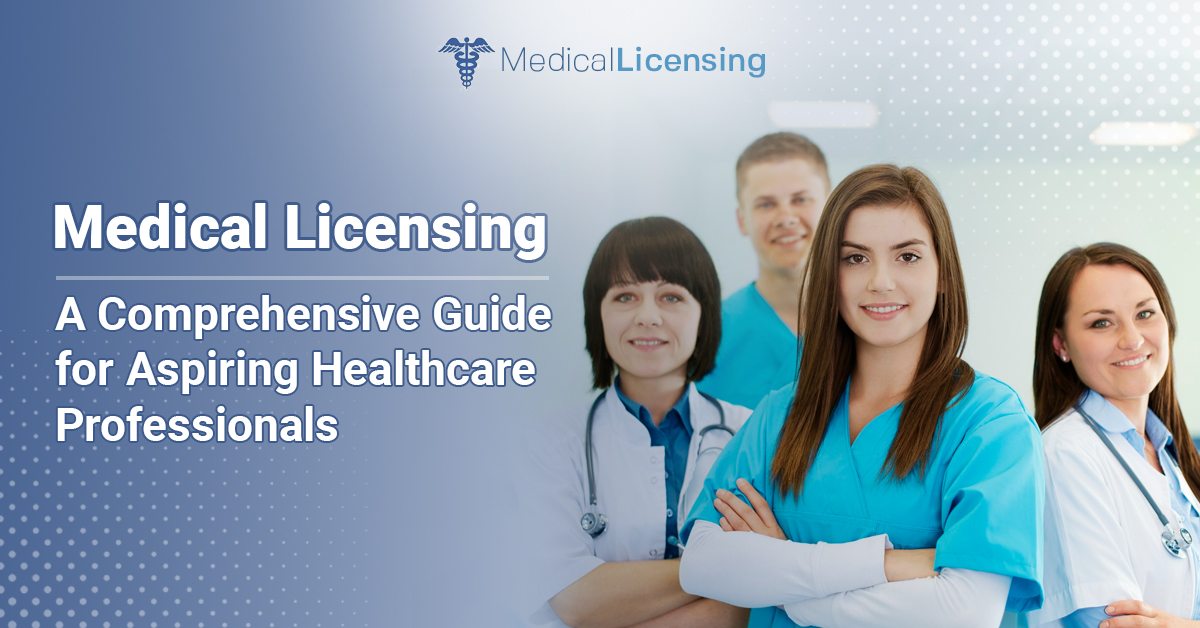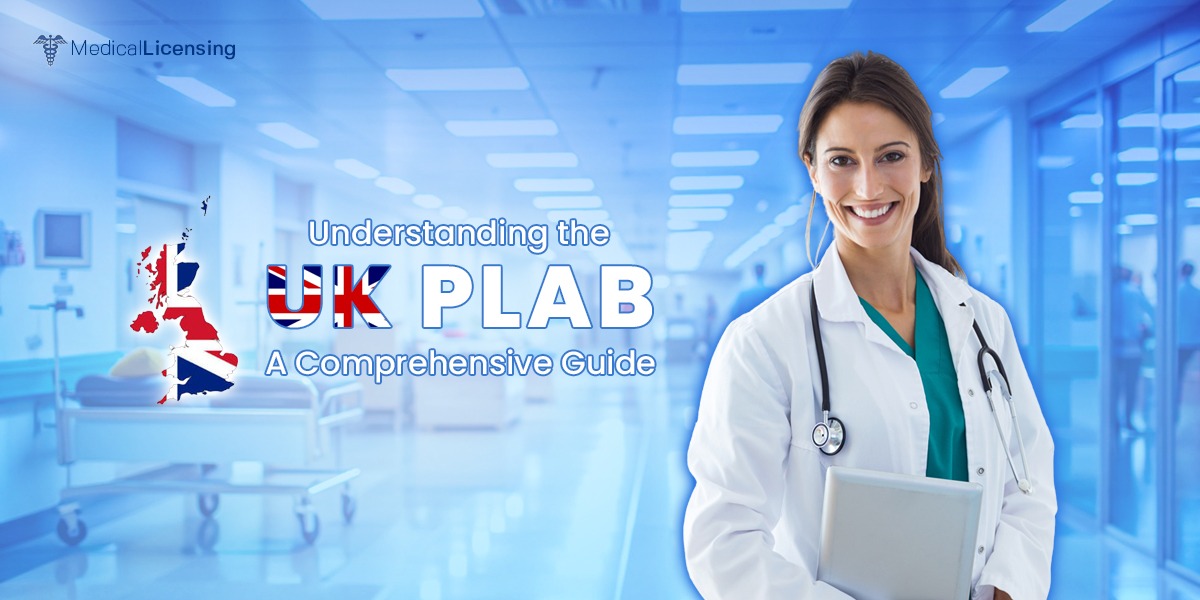Medical licensing requirements are crucial qualifications in the complex world of healthcare, ensuring that patients' well-being is in the hands of qualified and responsible specialists. This article tries to shed light on the importance of medical licenses, explaining why they are necessary and the extensive process involved in getting and maintaining them.
In the dynamic realm of healthcare, obtaining a medical license is a pivotal milestone for aspiring professionals. This comprehensive guide illuminates the intricate path toward licensure, offering invaluable insights and practical advice to navigate the journey with confidence and clarity.
Understanding the Importance of Medical Licensing
Before delving into the intricacies of the licensure process, it's essential to grasp the profound significance of medical licenses. These credentials serve as more than just legal permissions; they are symbols of competence, integrity, and dedication to patient care. By obtaining a medical license, healthcare professionals commit to upholding the highest standards of practice and ensuring the well-being of those they serve.
The Road to Licensure: A Step-by-Step Overview
Embarking on the path to licensure can seem daunting, but with a clear roadmap, aspiring healthcare professionals can navigate the process effectively. This section provides a detailed breakdown of the key steps involved, from completing educational requirements and obtaining relevant certifications to passing licensing examinations and fulfilling licensure application procedures.
Navigating State-Specific Requirements
One of the most crucial aspects of medical licensing is understanding the unique requirements imposed by different states or jurisdictions. Each state has its own set of regulations governing licensure, including specific prerequisites, examinations, and documentation procedures. This guide offers invaluable insights into navigating state-specific requirements, ensuring that aspiring healthcare professionals are well-prepared to meet the standards of their chosen practice location.
Maintaining Licensure: Continuing Education and Professional Development
Securing a medical license is a significant achievement, but the journey doesn't end there. Maintaining licensure requires a commitment to lifelong learning and professional growth. This section explores the importance of continuing education, ongoing training, and adherence to ethical standards in sustaining licensure and enhancing clinical competence throughout one's career.
Navigating Challenges and Overcoming Obstacles
While the path to licensure is rewarding, it may also present challenges and obstacles along the way. From navigating complex application processes to overcoming examination anxiety, aspiring healthcare professionals may encounter various hurdles during their journey. This guide offers practical strategies and tips for overcoming challenges and persevering on the path to licensure.
Conclusion: Empowering Aspiring Healthcare Professionals
In conclusion, obtaining a medical license is a transformative milestone that opens doors to countless opportunities in the field of healthcare. By understanding the importance of licensure, navigating the process with diligence, and embracing lifelong learning, aspiring healthcare professionals can embark on their careers with confidence and embark on a journey of professional fulfillment and meaningful impact.




